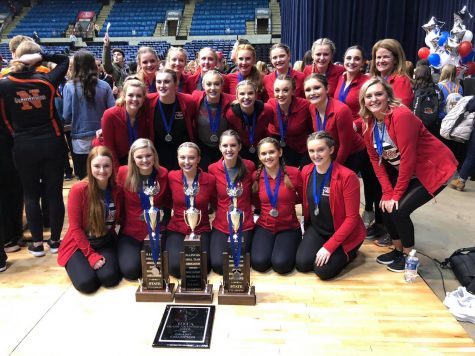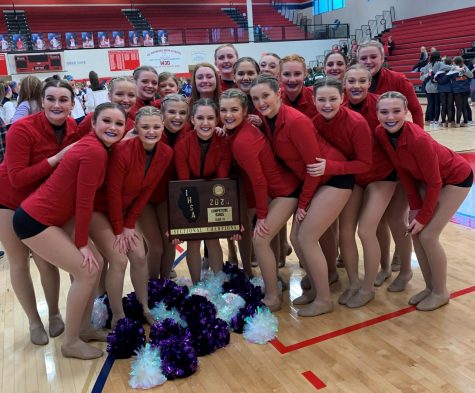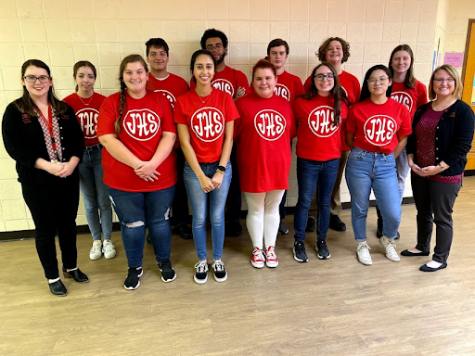‘Tis the season for college applications
November 20, 2015
Now is the time of the year where a question hangs over the heads of seniors everywhere: Where will the future take us?
For some, this may mean finding out what career path you wish to follow or if the military may be the right choice, but for many hopeful students, this means preparing for college. “To figure out if college is right for you, first you need to look at your career goals and interests,” says senior counselor Andrea Kelsey. “Different careers require different levels and type of schooling. Be realistic with yourself and your goals. If you currently have a D in Biology or Chemistry and want to become a biomedical engineer, that might not be the best plan for you. If it is your dream, look at ways to improve your understanding of the subject matter, or look at other personal skills you have.”
Copious amounts of emails grace my inbox, filling with so many advertisements of schools that I couldn’t possibly explore them all. So how does a young person like myself decide which is going to be the best fit for the next four years of life?
“When looking at schools it is most important for you to figure out what factors are most important,” says Kelsey.
However, those factors can be overwhelming.
There’s the location, deciding how far you are comfortable moving on your own for the first time. Would you be okay with trudging through two feet of snow in order to reach your 8:00 AM lecture, or do you prefer the sunshine and flip-flops that come with going South? What kinds of activities are accessible from the campus? “It is extremely important to visit the campus before you decide to go there,” says Kelsey. “Any college can look good online or in a brochure. You need to get a feel for the campus to determine if you want to go there. It will be your home for the next four years!”
Then there’s the size factor. How many people do you want in your classes? What are the differences between a huge, sprawling campus and a small, well-organized one?
But the biggest influence? The price tag that comes along with secondary education. “You don’t want to go to college to become a youth pastor, take out $100,000 in loans because you went to an expensive school and then live paycheck to paycheck because you didn’t take into account that youth pastors only make on average $21,300 a year,” says Kelsey. Being smart with your money can prevent hardship in the future—but keep in mind that the best deal may not always provide you with the education that you need. “Overall when picking a college, I want students to remember that this sets them up for the rest of their life. Do your research and don’t make this decision lightly! Ask for help and be smart about making your decision.”
Now you know where you want to apply. But what about the applications themselves?
This process can be a long and tedious series of events, full of seemingly endless—and irrelevant—questions. Why would these institutions need to know that much information? Regardless, you need to pay attention to what you fill in to those spaces. “Make sure that all of the information you put down is correct. Schools check to make sure that the information is accurate and you don’t want to lie,” says Kelsey. “Remember that your application is just the first step to going to college. Make a timeline for deposits, health records, housing and orientation dates. You don’t want to miss out on any deadlines! Be thorough in your search, apply to more than one school, have a backup plan and make sure that you follow through with any additional steps the schools request you to do. Remember to check your email, as most colleges have switched to be digital and often give you your acceptance letters online.”
A representative from the Illinois Student Assistance Commission will be coming to Jacksonville High School on December 16 to speak about the financial aid process: different types of aid, how to qualify, and the steps that need to be completed. The representative will return on January 20 for the FAFSA completion workshop.
One day, we’ll be able to check off the “applications” box on our to-do lists, but for now, we have to get to work!






